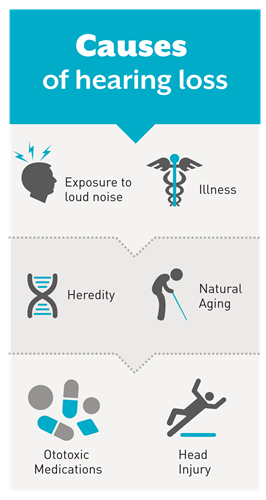- Home
- Rehabilitation
Rehabilitation
AUDITORY VERBAL THERAPY
The Auditory-Verbal Method develops spoken language and language comprehension of children with hearing loss through listening. This method
- Requires the use of amplification during all waking hours
- Encourages the development of speech and language through listening with their hearing aids or cochlear implants
- Strongly encourages maximum parental participation at every step
- Mainstreams into regular schools from the beginning or as soon as possible.
Goals and objectives focus on natural, typical developmental patterns for listening, speech, language & cognition. There are Guiding Principles that govern the process of learning listening and spoken language. The ultimate goal for families who choose the Auditory-Verbal method is confidence that the child with hearing loss will have access to a full range of academic, social and occupational choices.
An Auditory-Verbal Program requires adherence to all 10 of the following guidelines
Guiding Principles of Auditory-Verbal Therapy:
- Promote early diagnosis of hearing loss in new born, infants, toddlers and young children, followed by immediate audiological management and auditory-verbal therapy.
- Recommend immediate assessment and use of appropriate, state-of-the-art hearing technology to obtain maximum benefits of auditory stimulation.
- Guide and coach parents* to help their child use hearing as the primary sensory modality in developing listening and spoken language.
- Guide and coach parents to become the primary facilitators of their child’s listening and spoken language development through active consistent participation in individualized auditory-verbal therapy.
- Guide and coach parents to create environments that support listening for the acquisition of spoken language throughout the child’s daily activities.
- Guide and coach parents to help their child integrate listening and spoken language into all aspects of the child’s life.
- Guide and coach parents to use natural developmental patterns of audition, speech, language, cognition and communication.
- Guide and coach parents to help their child self-monitor spoken language through listening.
- Administer ongoing formal and informal diagnostic assessments to develop individualized auditory-verbal treatment plans, to monitor progress and to evaluate the effectiveness of the plans for the child and family.
- Promote education in regular schools with peers who have typical hearing and with appropriate services from early childhood onwards.
The term “parents” also includes grandparents, relatives, guardians and any caregivers who interact with the child.
SPEECH AND LANGUAGE DISORDERS
Speech is how we say sounds and words. People with speech problems may:
- Not say sounds clearly
- Have a hoarse or raspy voice
- Repeat sounds or pause when speaking, called stuttering
Language is the words we use to share ideas and get what we want. A person with a language disorder may have problems:
- Understanding
- Talking
- Reading
- Writing
Children and adults can have speech and language disorders. Speech-language pathologists, or SLPs, can help.
ADULT SPEECH AND LANGUAGE DISORDER
There are many reasons why you might have a speech or language problem. Some problems start in childhood. Others happen after an illness or injury.
Speech Disorders
- Apraxia
- Dysarthria
- Stuttering
- Voice
Language Disorders
- Aphasia
Medical Conditions
- Dementia
- Laryngeal Cancer
- Oral Cancer
- Right Hemisphere Brain Injury
- Traumatic Brain Injury
CHILD SPEECH AND LANGUAGE DISORDER
Most children develop speech and language skills within a specific age range. A child who takes longer to learn a skill may have a problem.
Speech Disorders
- Childhood Apraxia of Speech
- Dysarthria
- OrofacialMyofunctional Disorders
- Speech Sound Disorders
- Stuttering
- Voice
Language Disorders
- Preschool Language Disorders
- Learning Disabilities (Reading, Spelling, and Writing)
- Selective Mutism
- Early Detection
- Early Identification of Speech, Language, and Hearing Disorders
Medical and Developmental Conditions
- Attention Deficit/Hyperactivity Disorder
- Autism (Autism Spectrum Disorders)
- Cleft Lip and Palatev
- Right Hemisphere Brain Injury
- Traumatic Brain Injury
